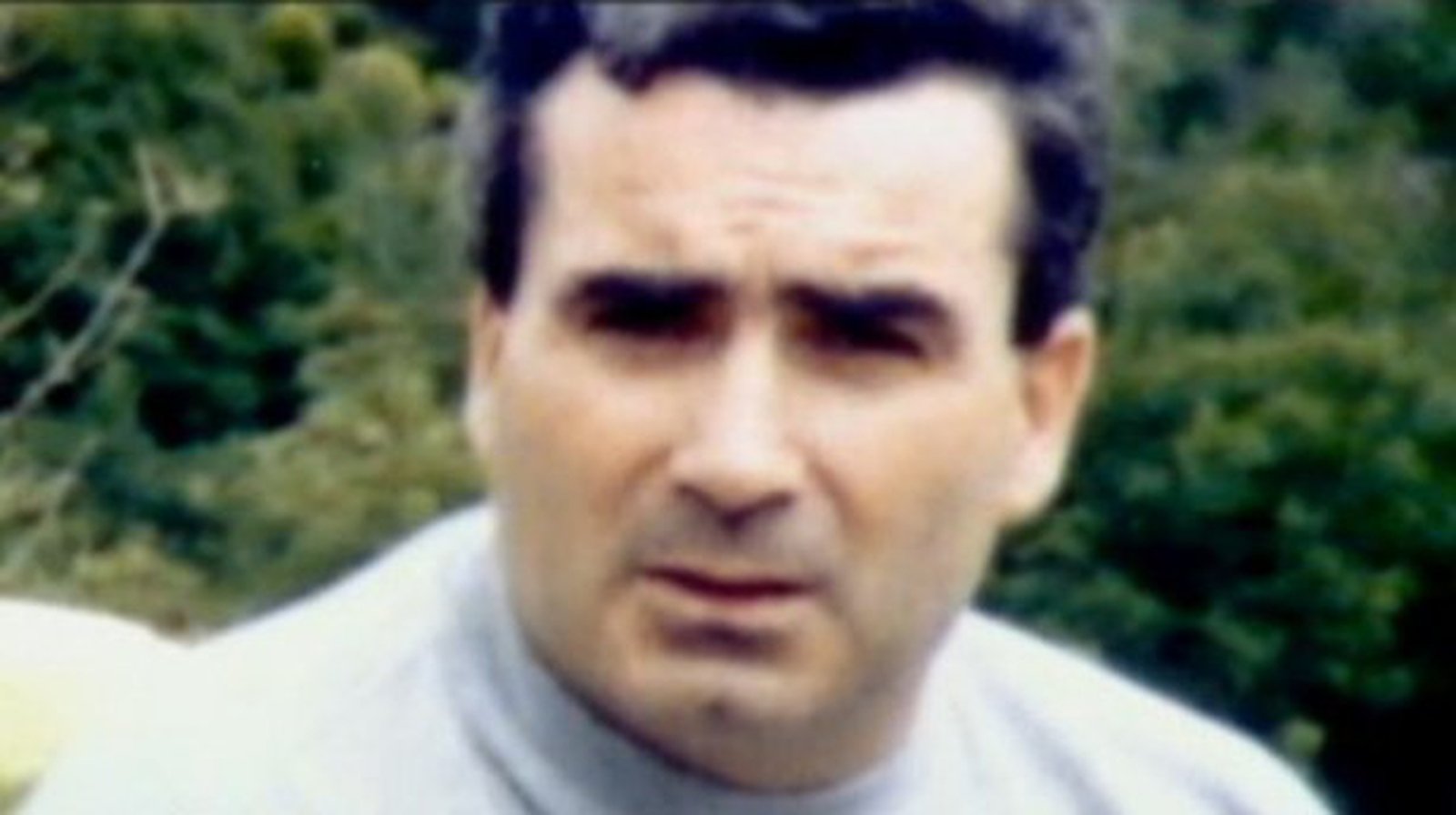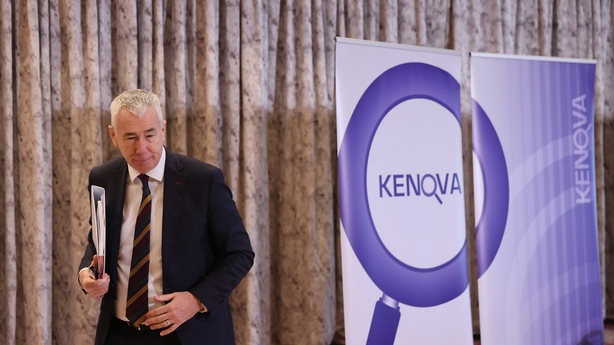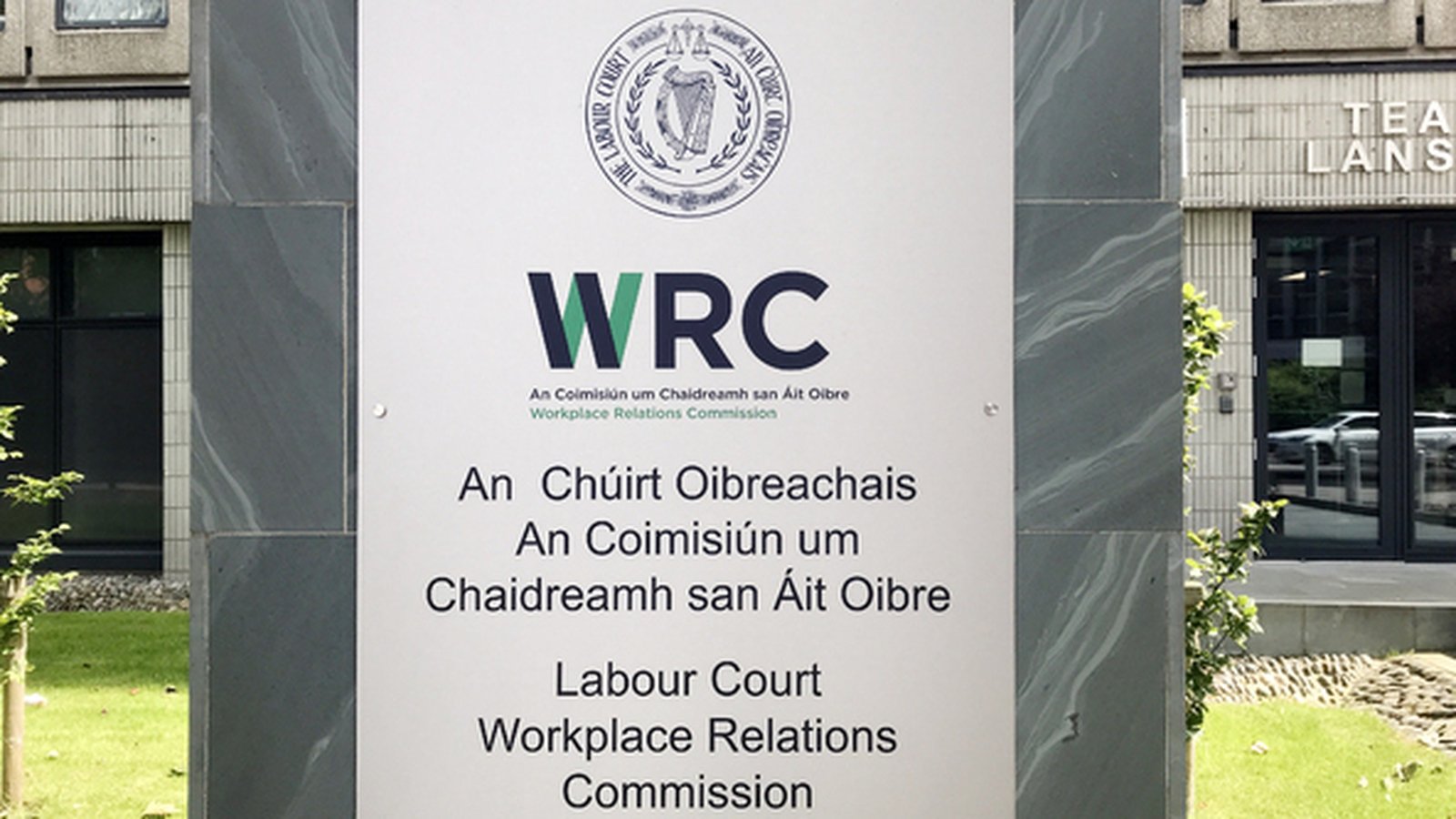Evidence for ‘Stakeknife’ charges not strong enough

Prosecutors in Northern Ireland have said no one was charged with criminal offences following a £40m inquiry into allegations against a British agent within the IRA codenamed ‘Stakeknife’ because the evidence was not strong enough.
Jon Boutcher, who led the investigation for most of its seven years, last week blamed a combination of a lack of resources for the public prosecution service and the approach it took to the case for a lack of convictions.
Investigators believe Freddie Scappaticci was involved in at least 14 murders while working as ‘Stakeknife’.
However, he died last year and so cannot be prosecuted.
No other IRA members involved in the killings, or British military intelligence officers who failed to act on information provided by ‘Stakeknife’ who could have prevented murders will face charges.
“As the report sets out, we achieved actually far higher levels of evidential recovery than I expected and very compelling evidence was provided to the Public Prosecution Service,” he said.

Mr Boutcher added: “I think that the evidence that we did recover, and that was put before the prosecuting authorities, was considerable and compelling.”
Mr Boutcher – who is now Chief Constable of the PSNI – suggested the reason for a lack of prosecutions was a lack of resources and approach taken by the Public Prosecution Service, not the quality of evidence the Kenova team provided.
But the PPS has hit back, saying the files it received did not meet the test for prosecution.
“The reasons ultimately are that the available evidence does not provide a reasonable prospect of conviction,” said PPS deputy director Michael Agnew.
“That’s the first limb of our task for prosecution, and that’s a task that is applied equally to all cases that come into this office.
“We apply the test and the threshold is whether there is a reasonable prospect of conviction.”
The PPS has said there were “significant evidential challenges” including issues of admissibility of intelligence material which amounted to “hearsay” and was not backed up by records.
Mr Agnew also rejected a suggestion by Jon Boutcher that Freddie Scappaticci would have faced charges if PPS processes had been quicker and it had reached a decision before he died in April last year.
“We have indicated that in relation to those individuals who did die, considerations were at a very advanced stage and that the range of evidential challenges that we’ve outlined in our public statements applied right across the range of files submitted by Operation Kenova,” he said.
“Those files were submitted from 2019 onwards, right up until 2022, and by the time the individual died we were at an advanced stage of our considerations so we do have a good feel for the challenges that arose and it’s on that basis that we are able to say that many challenges similar to the others.”
The PPS has acknowledged that it is facing a shortfall in resources and that it would have liked to have reached decisions on the files quicker, but has said the time taken would not have changed the decisions.
Families of a number of victims of ‘Stakeknife’ are seeking legal reviews of the decisions not to prosecute British army agent handlers.




